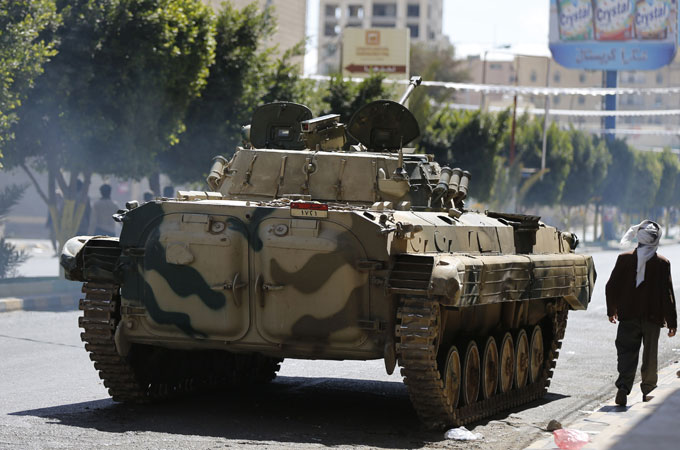By Kathryn Maureen Ryan
Impunity Watch, Managing Editor
AMMAN, Jordan – The United Nation’s High Commissioner for Refugees has called on the International Community to help alleviate the “desperate living conditions” of Syrian refugees now living away from Jordan’s main camps. According to a recent United Nations study, one in six refugees living outside of Jordan’s main camps is living in extreme poverty. UN High Commissioner for Refugees António Guterres warned large numbers of Syrian refugees continuing to slide into abject poverty at an alarming rate, due to the magnitude of the crisis in Syria and insufficient support from the international community.

Commissioner Guterres made a statement on the crisis during the launch of the new UNHCR study, living in the Shadows, which reveals evidence of a deepening humanitarian crisis. The Commissioner made a two-day visit to Jordan, where met with refugees profiled in the UN study in Amman and others at the Za’atari refugee camp. “I am here to express my solidarity with Syrian refugees, as the impact of snowstorm Huda is still tangible and posing an even greater strain on their already dire living conditions,” he said.
Jordan has a registered Syrian refugee population of 620,000. 84 percent of its refugee population live outside of refugee camps. “This represents a dramatic pressure in the economy and the society of the country not to mention the terrible security impact of the Syria crisis in itself,” Commissioner Guterres said. “The generosity of the Jordanian people and the Government needs to be matched by massive support from the international community – support for the refugees themselves and for the local populations hosting them, but also structural and budgetary support to the Jordanian Government for education, health, water and sanitation and electricity to enable it to cope with this enormous challenge.”
Commissioner Guterres emphasized that the Syrian Civil war and the refugee crisis it has created can be mitigated if the international community steps up efforts to alleviate the suffering of the refugee populations. He praised the efforts of the Jordanian authorities, UNHCR and its partners to address the urgent needs of refugees during the recent heavy snowstorm which threatened the health and safety of refugees.
Extreme winter weather in the region threatened the lives and safety of refugees living in the Za’atari refugee camp. The Za’atari refugee camp is the largest refugee camp in Jordan with a population of nearly 85,000 Syrians. In the camp dozens of families were forced to abandon their family’s tents and camped in emergency shelters after their tents collapsed under the weight of snow.
Fatima, a 20 year old Syrian refugee, and her husband Mohammed were trying to protect their three small children from the cold when the roof of their tent collapsed. “We had a small stove burning in the tent to keep warm, and it fell onto my son and burned his back,” she told visitors from UNHCR to the shelter where she and her children are living with seven other families.
For more information please see:
BBC News – Syria Refugees: UN Warns Of Extreme Poverty in Jordan – 14 January 2015
The UNHCR – UNHCR Study Shows Rapid Deterioration in Living Conditions Of Syrian Refugees in Jordan – 14 January 2015
The UNHCR – Winter Storms Bring More Hardship to Refugees in Jordan’s Za’atari Camp – 9 January 2015
U.S News and World Report – The Challenge of the Syrian Refugee Response – 8 January 2015

